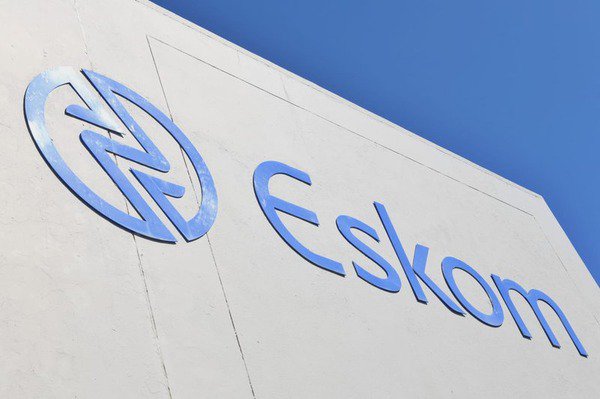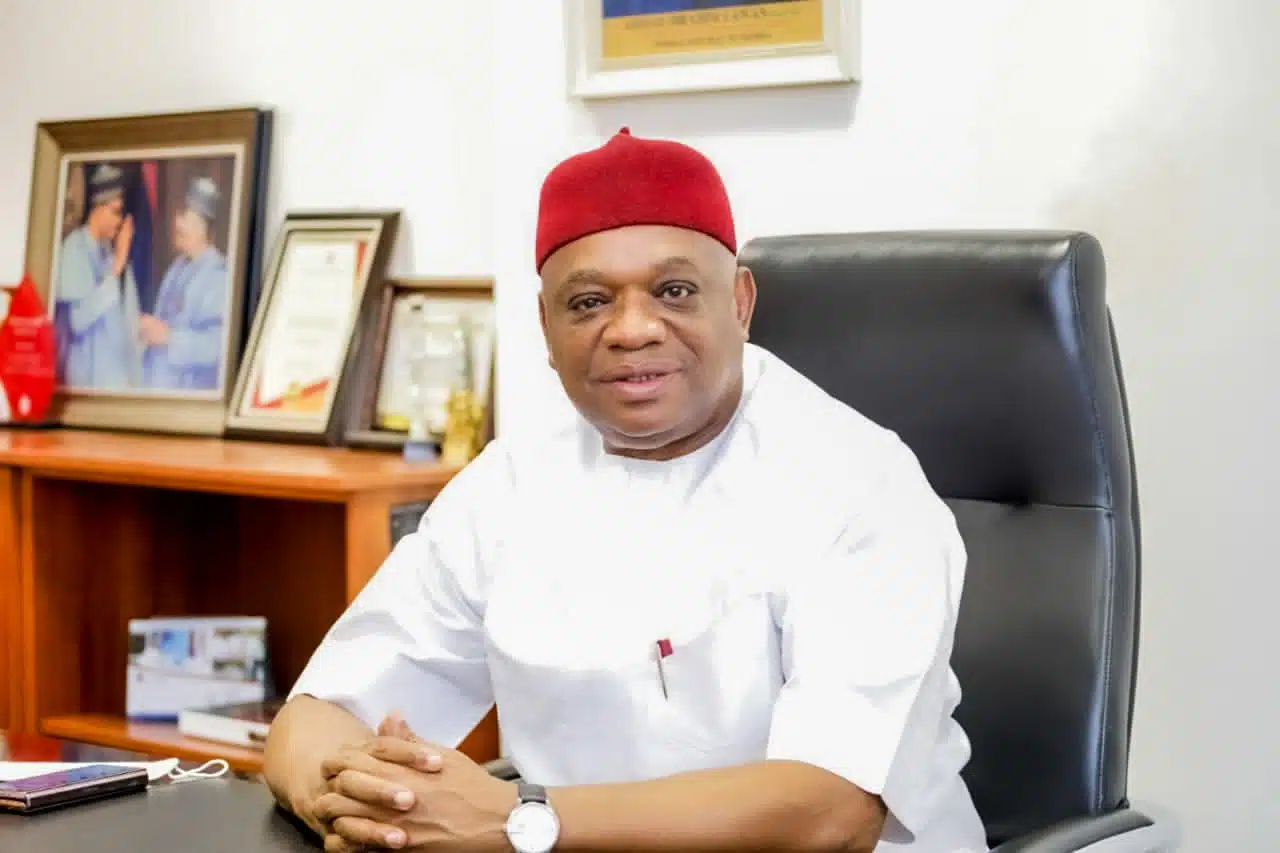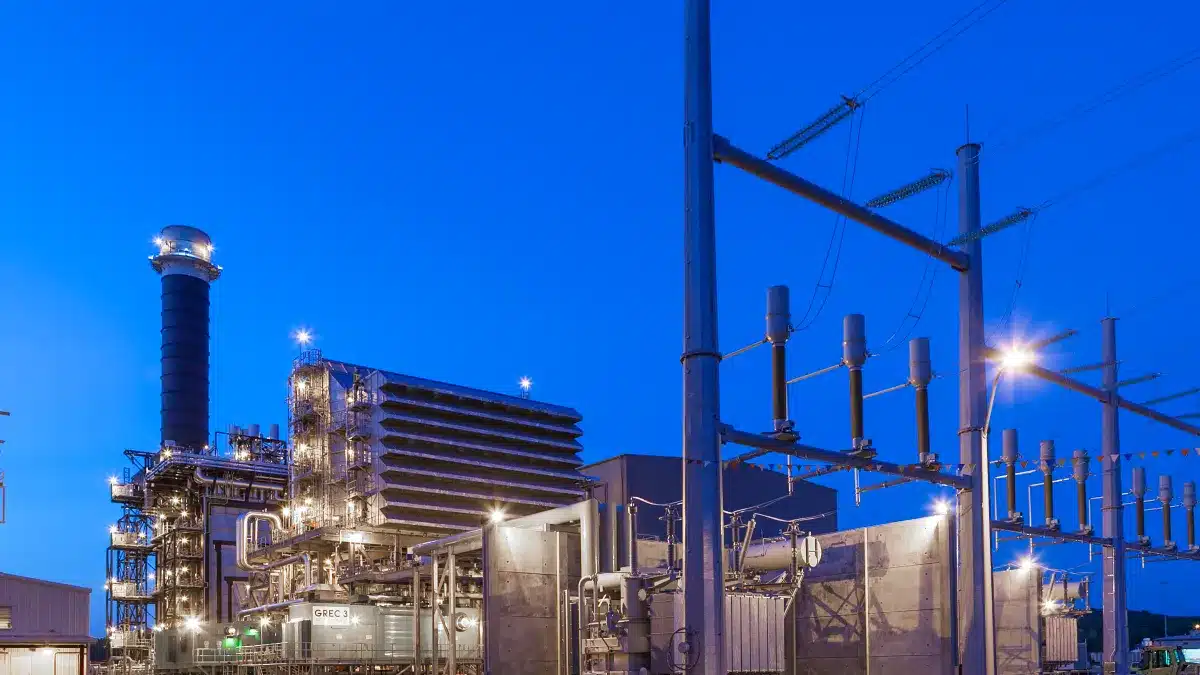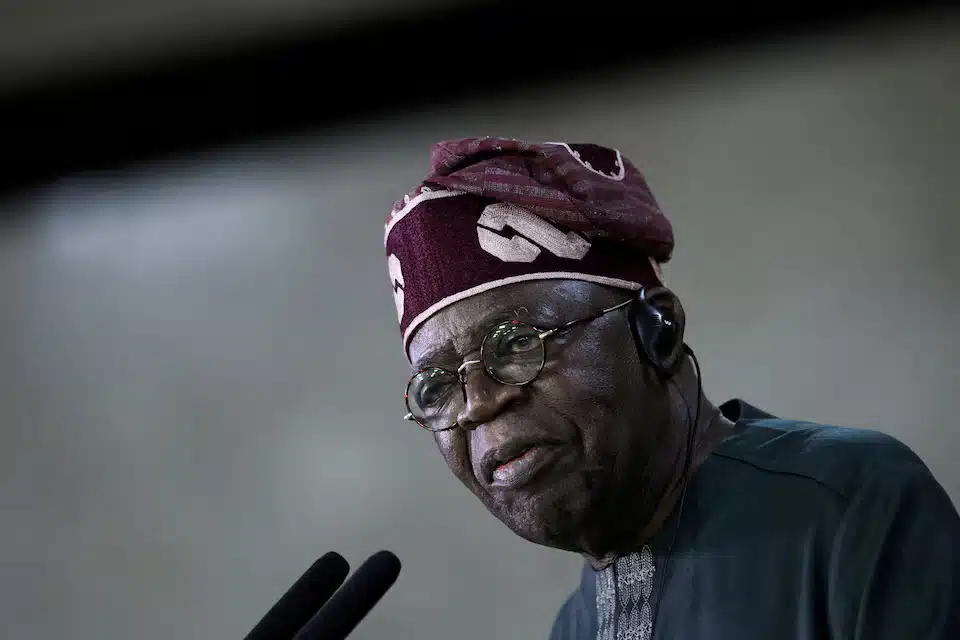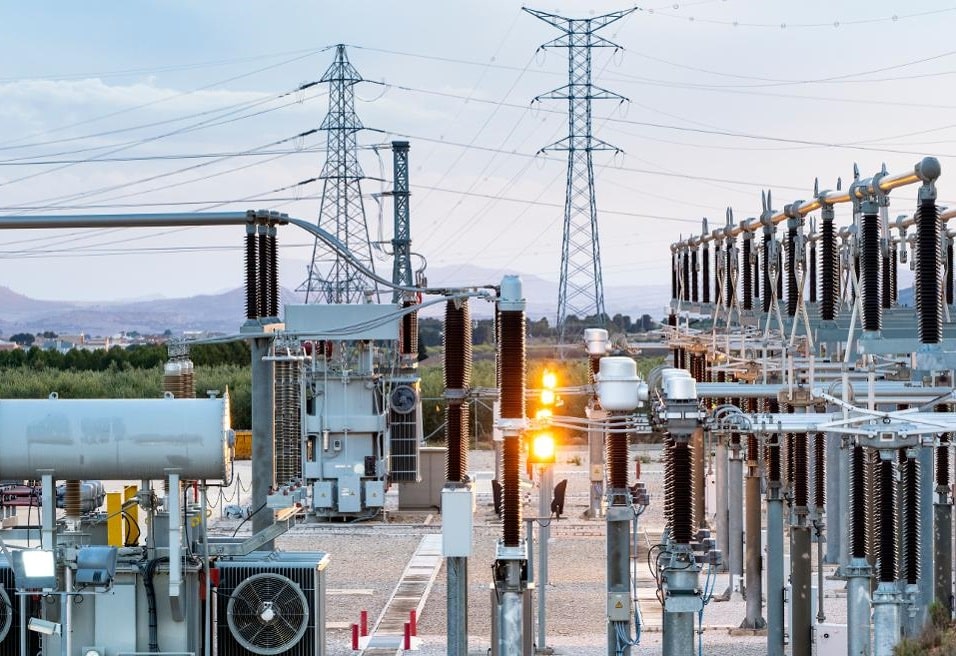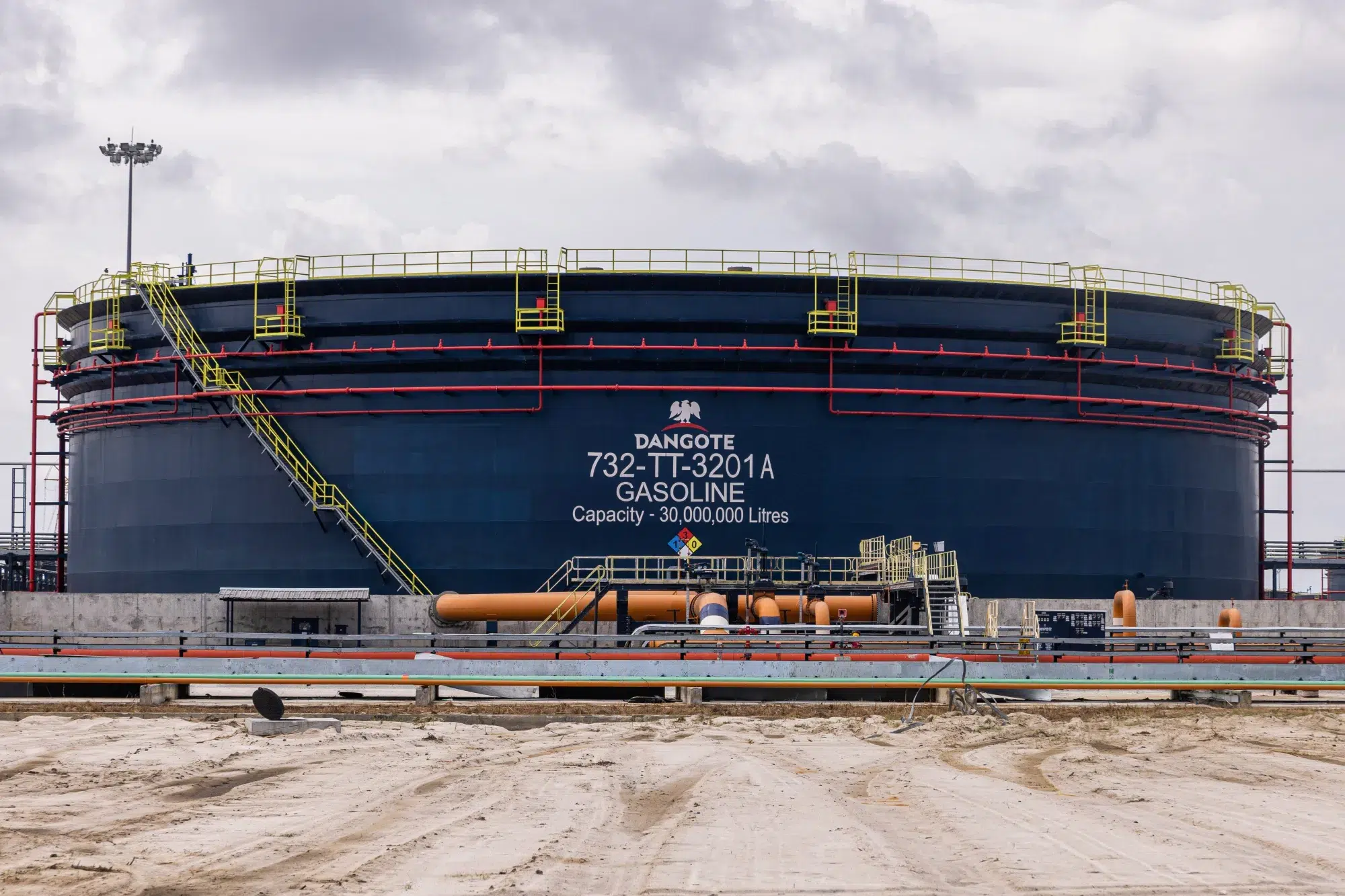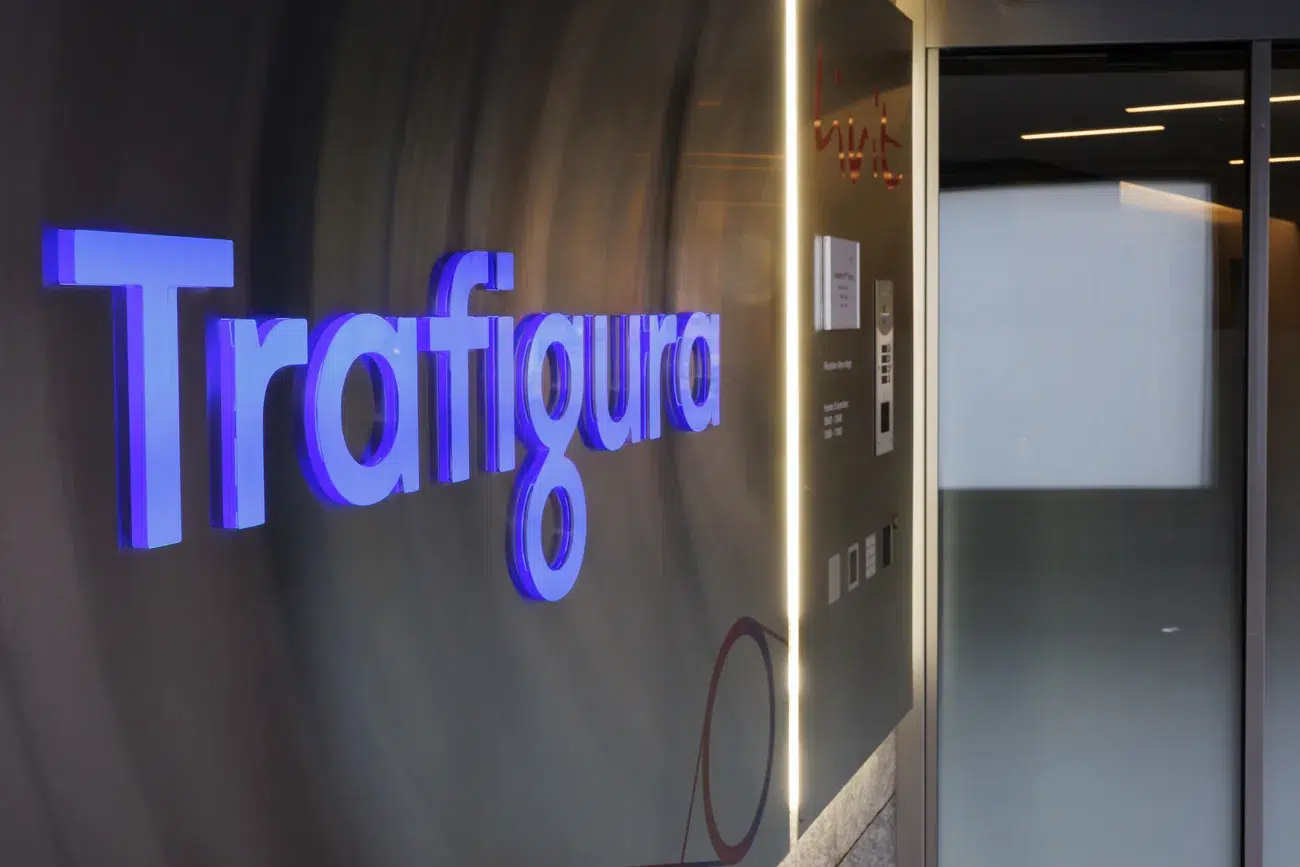South Africa’s power utility, Eskom, says some customers referred to as “Zero Buyers” are yet to have their electricity supply regularised due to ongoing audits of meter connections and issues of illegal hookups.
In a press statement by the company’s spokesperson, Joyce Zingoni, Eskom said the audits are being stepped up nationwide, and fines will be issued where illegal connections or tampered meters are found.
The utility stressed that making accounts legal is important for the company’s finances and for ensuring a stable electricity supply across South Africa.
“Zero Buyers” are households or individuals connected to Eskom’s network who use electricity without purchasing it legitimately.
Reports indicate that about 1.7 million South Africans fall into this category, often through ghost vending, unlegalised connections, or uninstalled meters.
Eskom says it is working to cut down this number, warning that the practice undermines the economy and puts pressure on electricity supply.
“We also appeal to the remaining consumers who have yet to have their electricity supplies legalised (the so-called “Zero Buyers”) and remind all customers that Eskom is intensifying its auditing of meters and installations.
“This includes the issuing of tamper fines where illegal connections or tampered meters are identified,” Zigoni said in a statement.
Eskom tariff pressures
Meanwhile, the appeal comes against the backdrop of higher electricity costs for households and businesses.
In March 2025, Eskom implemented a new round of tariff increases approved by the National Energy Regulator of South Africa (NERSA).
The hikes, part of a multi-year revenue plan, added to consumer burdens at a time of weak economic growth and rising living costs.
Eskom has long confirmed that addressing revenue leakages is central to fixing its finances.
The utility continues to spend heavily on infrastructure replacement, grid maintenance, and new generation capacity.
At the same time, mounting debt and inefficiencies have left the utility reliant on billions in government support.
Industry observers warn that failure to curb illegal connections could worsen Eskom’s financial challenges and place additional upward pressure on tariffs.
According to NERSA, Eskom loses billions of rand annually to non-technical losses, much of it due to illegal connections and tampered meters.
What this means for consumers
Recently, Eskom imposed targeted load reduction in major cities to ease pressure on substations affected by illegal power theft.
The utility’s ability to reduce theft, recover costs, and expand legal connections will determine whether future tariff hikes can be moderated.
The ongoing crackdown is expected to create tension in communities where illegal connections have become common and deeply rooted.
Eskom urged consumers to regularize their accounts, stressing it ensures both compliance and a stable power supply.

